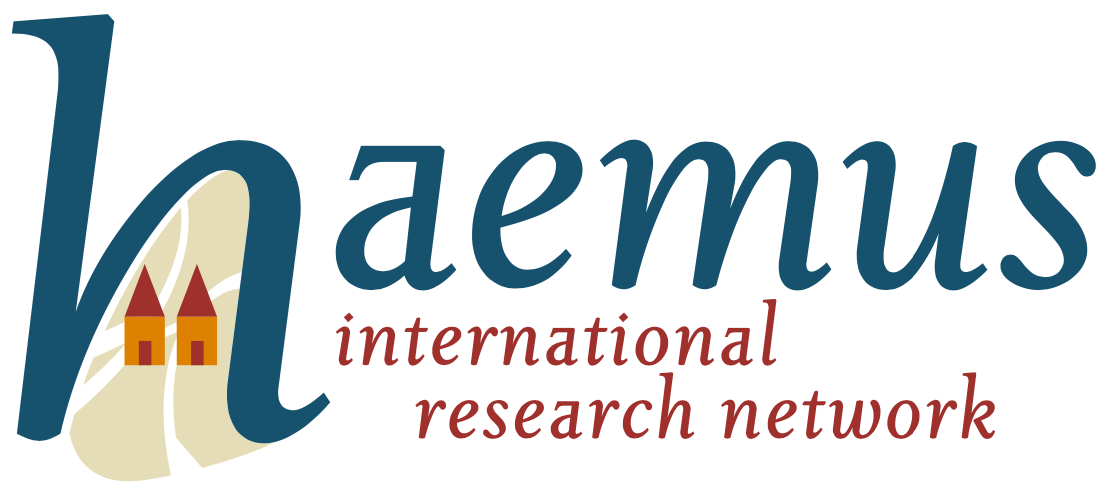
Archaeology and History of the Balkans in Late Antiquity (3rd-8th Centuries AD)
Officially inaugurated on the 18th of June 2021, the HAEMUS International Research Network proposes to unite researchers in archaeology and history working on the Balkan peninsula and/or the surrounding lands during the Late Roman and Early Byzantine periods.
For the first time, a network covering this field of study is bringing together the 11 Balkan countries (Albania, Bosnia and Herzegovina, Bulgaria, Croatia, Greece, Kosovo, Montenegro, North Macedonia, Romania, Serbia and Slovenia), with Hungary and Turkey.
The aims of HAEMUS are numerous: exchange of knowledge, students, resources, practices, etc.
If you are a scholar or a student who is interested in joining our community, don't hesitate to subscribe to the mailing list!
You can also follow the Young Scholars Circle for PhD students and postdoctoral fellows on Facebook.
For its implementation phase, the HAEMUS International Research Network was mainly supported by the University of Lille; the HALMA-UMR 8164 research centre (Univ. Lille, CNRS, MC, Inrap—now the HARTIS-UMR 9028 research centre); and the I-SITE ULNE Foundation (now the Initiative d’Excellence de l’Université de Lille). It was also supported as a structuring activity of the InclusU: The European University for Inclusiveness project, in cooperation with a consortium of other high-ranking European institutions.

